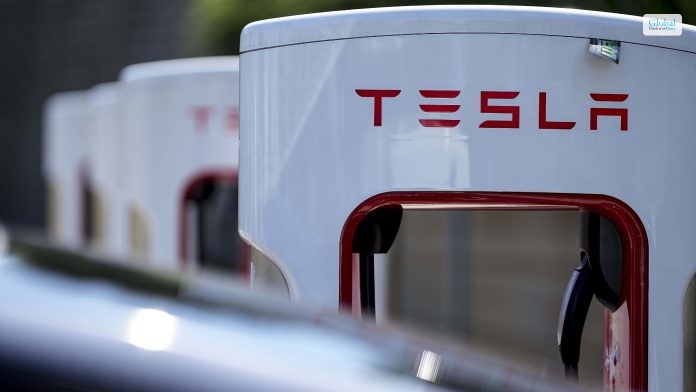‘A Devastating Financial Blow’: McDonald’s Franchisee Group Slams California’s Harsh Fast Food Bill

The National Owners Association (NOA), a collective representing over 1,000 McDonald’s franchise proprietors, has vehemently criticized California’s groundbreaking fast-food legislation, dubbing it “draconian” in its regulations.
The Fast Food Franchisor Responsibility Act or AB 1228 –the new legislation – was passed back on September 14 by the California Senate. The bill is poised to introduce fresh standards encompassing wages, working hours, and various aspects tied to the well-being and safety of fast-food restaurant employees.
However, the NOA has expressed deep reservations, contending that the law would entail costs that
“simply cannot be absorbed by the current business model.”
According to their assertion, 95% of California-based McDonald’s restaurants are run by local owners and small business operators. They might grapple with meeting the recent mandates.
In a memo obtained by FOX Business, the NOA remarked,
“The new AB 1228 legislation has been voted into law and will result in a devastating financial blow to California McDonald’s franchisees at a projected annual cost of $250,000 per McDonald’s restaurant.”
What exactly does this legislation entail? AB 1228 applies to fast-food chains boasting at least 60 nationwide locations, except those producing and selling their bread. A pivotal change ushered in by this bill is a minimum wage escalation to $20, effective April 1, 2024, a sum almost $5 higher than California’s prevailing minimum wage of $15.50.
Additionally, it entails the formation of a 10-member council tasked with overseeing fast-food chains and establishing guidelines concerning wages and labor conditions. McDonald’s purportedly characterized this counsel as “significantly limited” in an internal message disclosed to FOX Business.
One noteworthy implication of AB 1228 for McDonald’s restaurant proprietors is that it would render them legally responsible for local employment determinations. This development critics fear could spawn “frivolous lawsuits against franchisees,” potentially compelling corporate headquarters to exert greater control over local operations.
As the NOA pointed out when the bill was initially proposed in July,
“These lawsuits would lead to higher food costs for consumers and unsustainably higher operating costs that would result in the shutdown of locally owned restaurants and the loss of local jobs.”
In the long term, franchisees might find themselves relegated to middle managers under the corporation’s purview rather than the independent business owners they currently are, possibly facing the non-renewal of their licenses.
Read Also:













